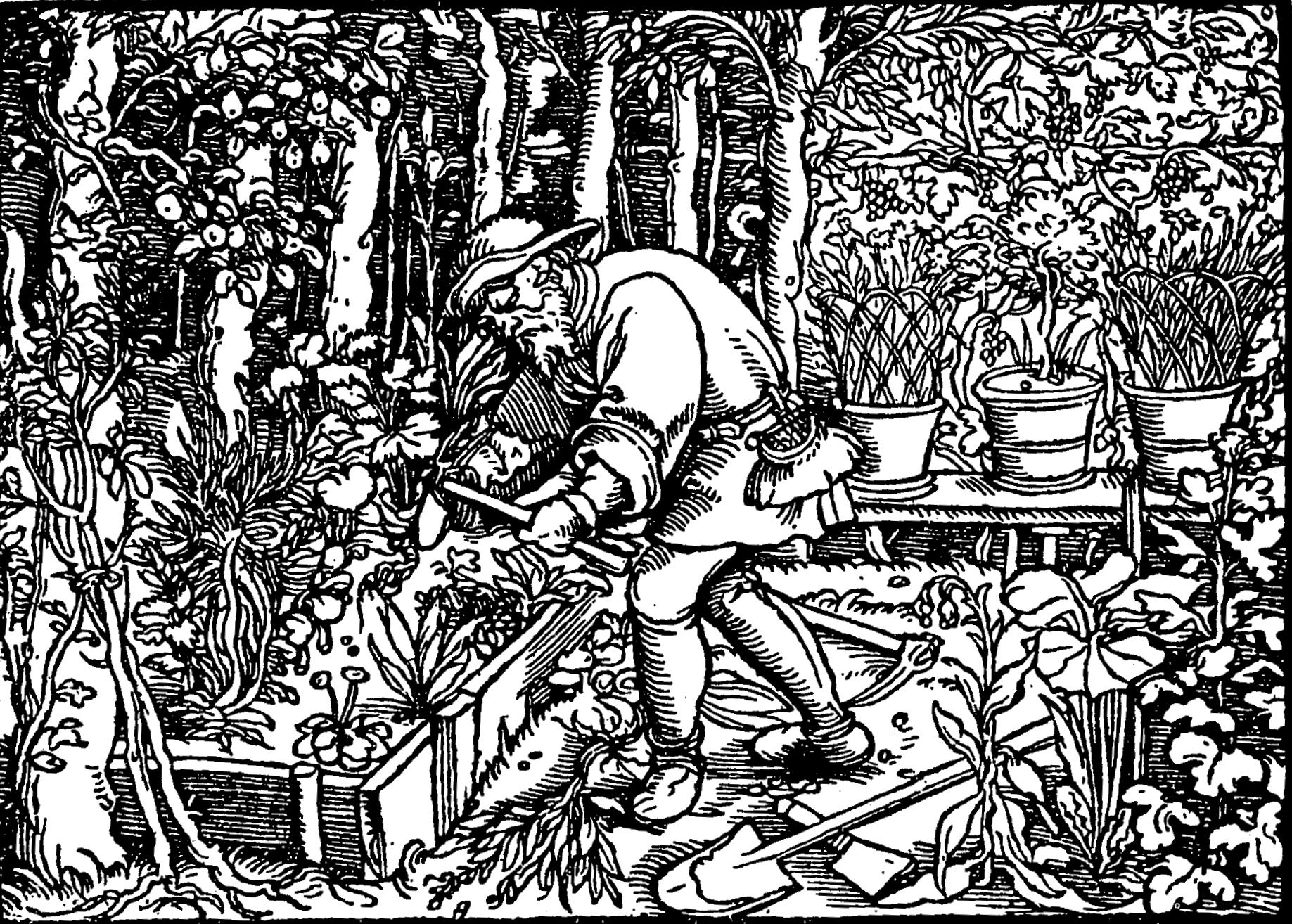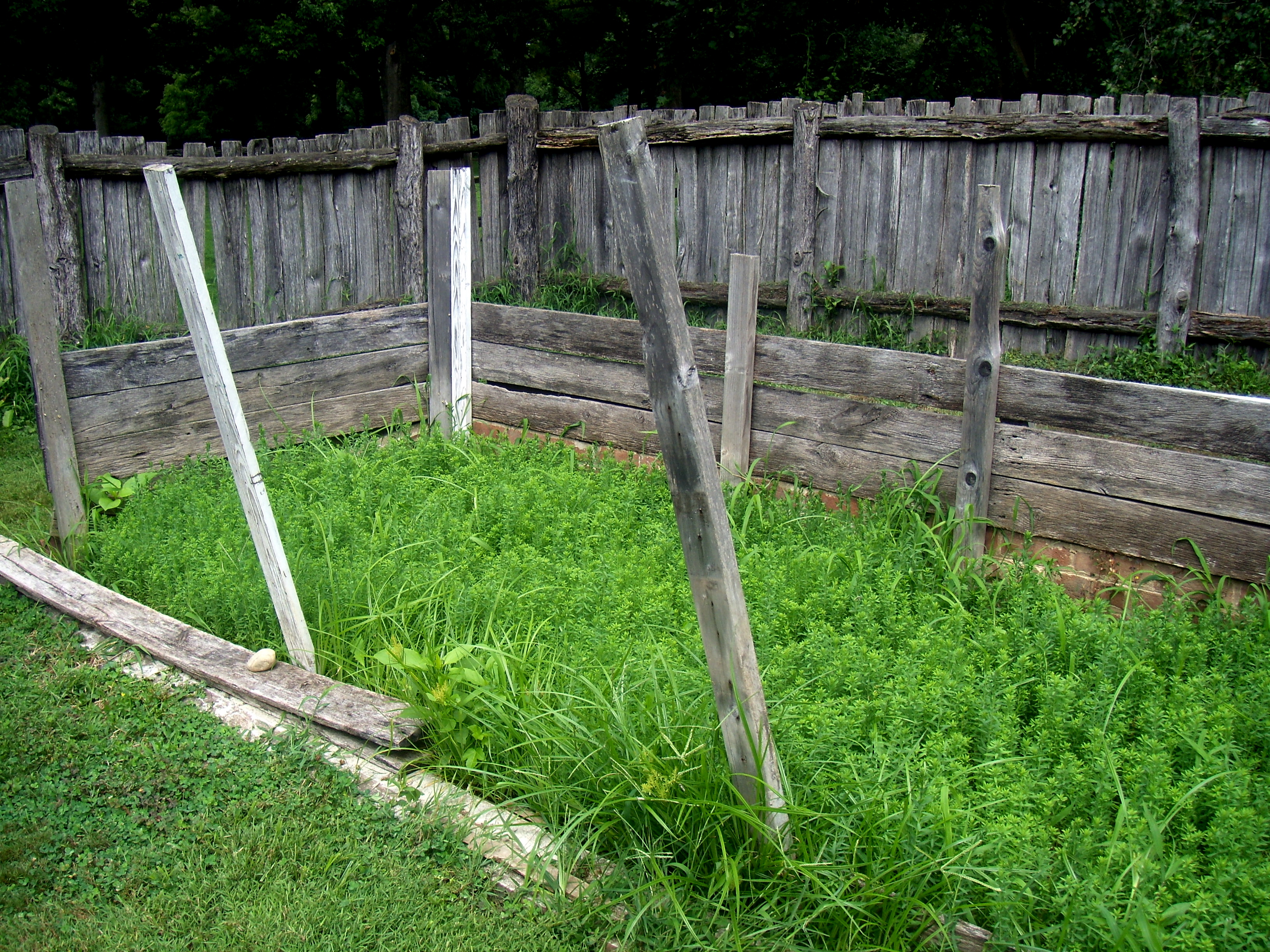Although the Penn family did not reside at Pennsbury in the dead of winter, the estate was certainly not dead; the staff worked to ensure the smooth running of Penn’s summer home in all seasons. Colonial gardeners were no exception, cultivating techniques to battle the cold and prepare for spring. As colonials tired of pickled and salted foods during the winter months, they longed for fresh produce. The hot bed, an important part of the colonial kitchen garden, allowed colonists to begin growing vegetables before spring thawed the ground.

In Pennsbury’s garden, the hotbed is located opposite the riverside next to the cold frames. A brick and wood structure, the hotbed protects seedlings from the bitter cold and provides the perfect environment for out-of-season growth. Colonial gardeners would have layered soil over fresh manure from the barn to create the heat source. Once the manure cooled to about seventy degrees Fahrenheit, the bed was ready for seeds. Straw placed on top provided additional protection from the elements. If prepared properly, the hotbed could retain its heat for several weeks.
Although its main purpose was to jumpstart vegetables in the cold weather, colonial gardeners would have used the hotbed year round to grow a variety of plants. We still use the hotbed for this purpose at Pennsbury (see below). For example, last summer, the gardeners used the hotbed to provide a space for growing flax. The hotbed gave us the perfect place to monitor the young flax plants and ensure they would be mature enough for the fall harvest.

Colonists were not able to simply walk into the supermarket and pick up fruits and vegetables during the winter like we can, but they were not completely helpless. They wasted no resources, and that includes time. While they could not beat Mother Nature’s icy grip on their gardens, they could manipulate the temperature of their own growing environment, the hotbed.
**Come to Pennsbury Manor’s Gardening Sunday on May 27 and see what’s starting to sprout in the Kitchen Garden!**
Written by Danielle Lehr, 2011 Intern
Edited by Hannah Howard
